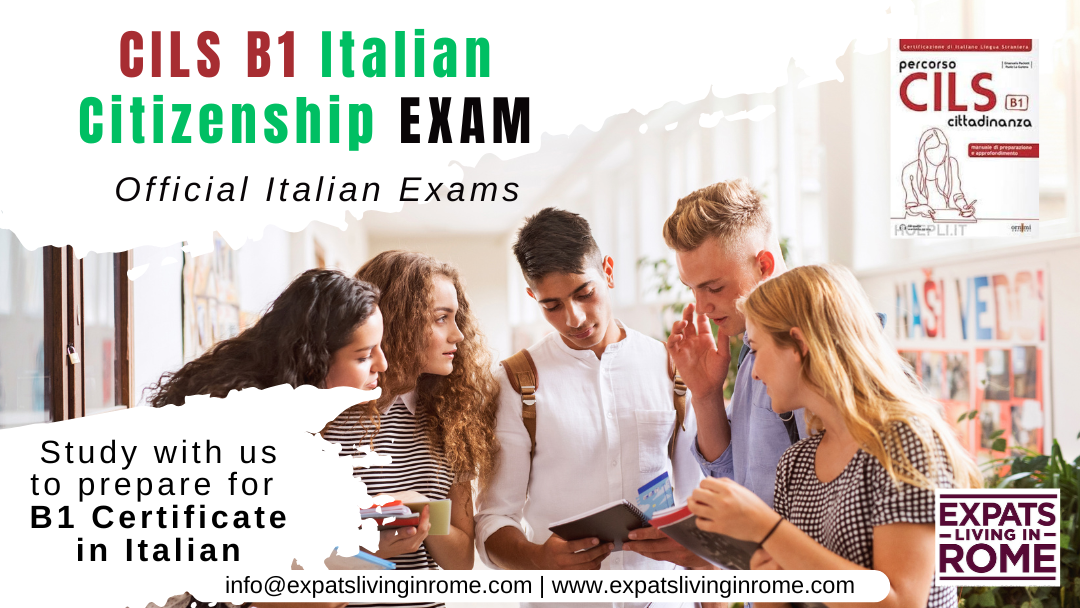Italian Tax Code: Where to Obtain It is Determined by Your Residency Permit
by Adriana ruiz
A crucial aspect of settling in Italy is obtaining the unique 16-character alphanumeric code known as the Tax Code (Codice Fiscle). In this article, we will delve into the intricacies of acquiring the Tax Code for foreign nationals, addressing different scenarios and specific procedures.
Understanding the Tax Code
The Tax Code serves as a distinctive identifier, encompassing personal data such as the surname, name, date, and place of birth. This 16-character alphanumeric code is pivotal in dealings with public administration and is indispensable for essential services, including registration with the Local Health Authority (ASL) and the selection of a general practitioner.
Acquiring the Tax Code: General Process
For resident citizens, the Tax Code is delivered to their address of residence. Nonresident citizens, on the other hand, receive it at the domicile for tax purposes communicated during the application process.
Tax Code for Foreign Nationals (Non-EU Countries)
Foreign citizens arriving in Italy encounter a streamlined process for obtaining their Tax Code. Those applying for residence permits for employment or family reunification can obtain the code from the Immigration Desk in every Prefecture.
Foreign Nationals Seeking International Protection
For foreign nationals applying for international protection, the Police Headquarters or Border Police assigns the Tax Code. In case of duplicate data, a provisional tax code is issued until the permanent one is obtained from any Revenue Agency office (Agenzia delle Entrate).
Unregistered or Unaccompanied Foreign Minors
Unregistered or unaccompanied foreign minors can obtain a Tax Code through the Revenue Agency, upon request from the Local Health Authority. The code is then communicated to the person with parental responsibility or the individual in charge of the facility hosting the minor.
Special Procedures: Ukrainian Refugees
Ukrainian citizens applying for temporary protection undergo a unique process. The Police Headquarters assigns a permanent tax code during the provisional residence permit application. In cases of duplicate data, a provisional numerical tax code is assigned until individuals secure the permanent code from any Revenue Agency office.
EU Citizens
EU citizens residing in Italy can apply for a tax code by submitting form AA4/8 to a local Revenue Agency office. Alternatively, they may request the tax code at the Italian consular representation in their country of origin. EU citizens can utilize the National Health Service with the health insurance card issued by their country of residence (EHIC – European Health Insurance Card).
Subscribe to our newsletter to access content and updates to help navigate life as an expat in Italy. If you need help with your citizenship process, language courses, or general expat life in Italy, email us at [email protected]

Christmas in Italy 2025: A Magical Season for Expats Across Italy
Christmas in Italy isn’t just a holiday — it’s a season full of history, flavor, celebration, and heartfelt traditions that bring families, towns, and entire regions to life. Whether you’re an expat experiencing your first Italian Christmas or a returning fan of the magic, 2025 promises some beautiful celebrations across the country. Here’s what to […]

Tax Residency Incentives in Italy — Your Guide (2025)
Italy offers several tax incentives designed to attract retirees, entrepreneurs, high-net-worth individuals and remote workers. These regimes can be extremely generous — but they are complex and often conditional. This guide explains the main options in 2025, who qualifies, and how we can help you plan a compliant move. Why Italy Offers Tax Incentives Italy […]

Navigating Healthcare in Rome: A Guide for Expats with English-Speaking Doctors
Moving abroad is exciting, that is until real life hits. I came to Italy from Alaska in 2021 for what was supposed to be a four-month study program in Florence. Four years later, I’m still here, now living and working in Rome. When we plan our dolce vita, we think about pasta, museums filled […]

Major Tax Incentives for Home Renovation in Italy (2024-2033)
Taxpayers carrying out renovation work on residential buildings and common areas of residential complexes in Italy are entitled to claim significant tax relief. This benefit allows individuals to deduct a portion of the expenses incurred from their Italian personal income tax (Irpef). This article outlines the rules, beneficiaries, and changing deduction rates for these home […]

How to Save on Taxes When Buying Your First Home in Italy
Buying a first home in Italy comes with significant tax benefits and incentives designed to make property ownership more accessible. Whether you are an Italian national or a foreigner, understanding these advantages can translate into substantial savings on your property purchase. The “Prima Casa” regime is essentially a set of tax reliefs applicable to the […]

Bringing Your Family to Italy: A Guide for Non-EU Citizens
For non-EU citizens residing in Italy, having your family with you is a tangible goal. Italian law provides a framework for family reunification, allowing you to bring close relatives to live with you under specific conditions. This guide outlines the key requirements, procedures, and rights to help you navigate the process. Who Can Apply for […]

How to Become a Self-Employed Worker in Italy
Are you a non-EU citizen wishing to work as a self-employed worker in Italy? This guide explains the conditions you must meet, the procedures to follow, and the rights you can enjoy during your stay. Conditions for Self-Employment To legally engage in independent work in Italy, non-EU citizens must satisfy several conditions and obtain the […]

Transport strikes scheduled across Italy in September 2025
September is shaping up to be a turbulent month for travelers in Italy, with more than 14 national strikes scheduled. Widespread protests are expected to cause significant disruption across trains, flights, and local public transport networks. Rail and Air Travel Disruption Commuters and long-distance travelers on trains should be aware of a major nationwide strike […]








Leave a Comment:
You must be logged in to post a comment.